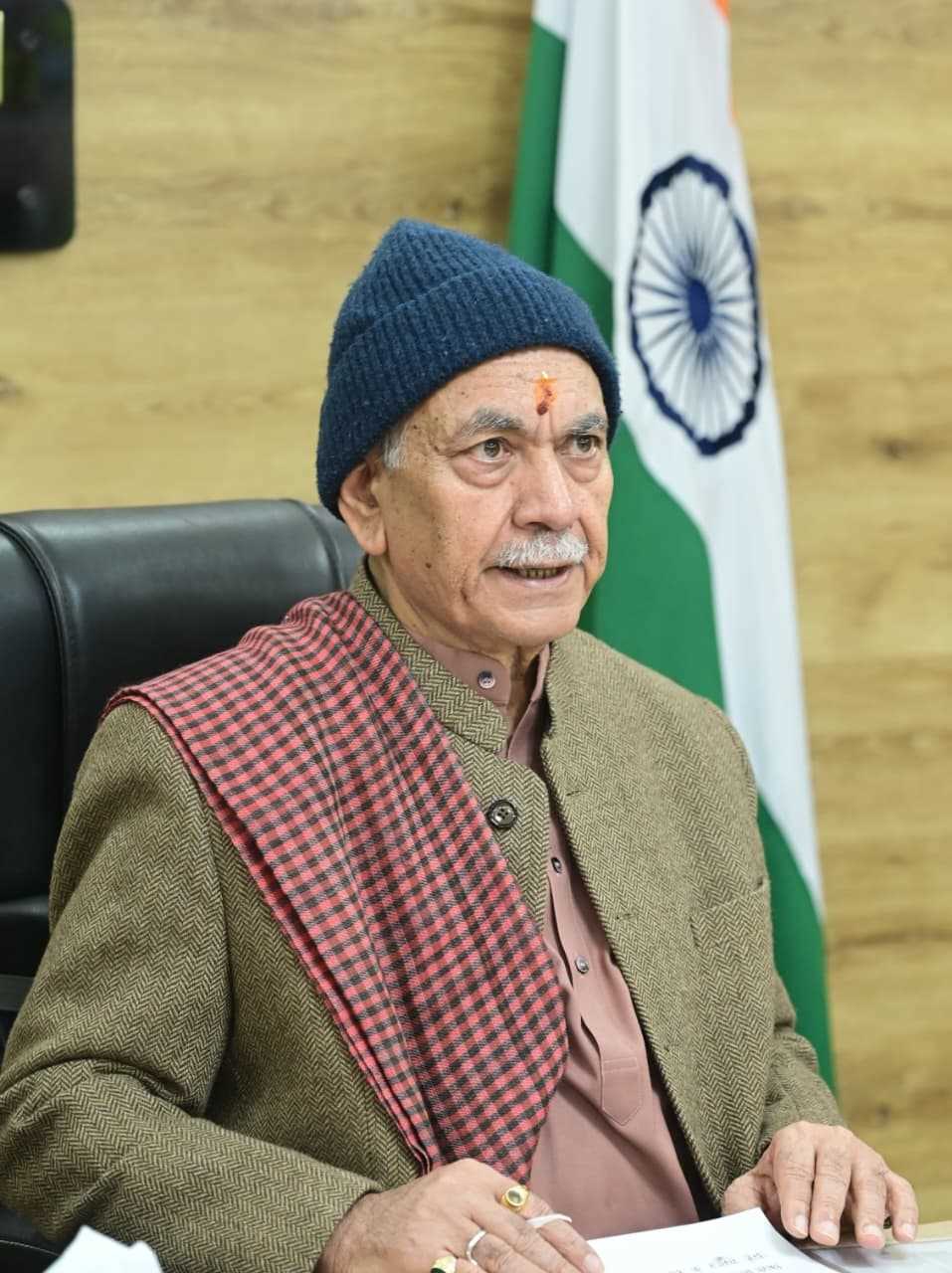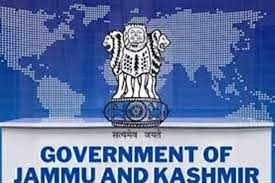For the time being, one of the biggest peacetime military move against the Palestinians by the Israeli government has been temporarily shelved, according to the country’s regional cooperation minister. Ofir Akunis told Army Radio that the annexation ‘will certainly happen in July’, but it has to be done in partnership with the US. The annexation ‘it will only happen after a declaration by [US President Donald] Trump’, he added.
Under its controversial plan to annex portions of the West Bank, the annexation schedule was to be declared by the Israeli Prime Minister Benjamin Netanyahu on Wednesday 1 July, after its approval by either the cabinet or the parliament, as per the agreement signed between him and his defence minister Benny Gantz .
Annexation Plan
As per the annexation plan outlined by Netanyahu, Israeli forces were to move and occupy areas inhabited by illegal Israelis in Jordan Valley and parts of the West Bank. The illegal Israeli settlements in the West Bank started popping up after 1969, and over the years have increased in both size and population.
Over the years Israeli government has made it quite clear that Palestinians living in the areas of Jordan Valley and West Bank–will not receive citizenship and will instead have to continue to endure second- or third-class civil rights and status.
However, the annexation plan is not a sudden invention of Israel nor its support by the US. It has been Israel’s intention since it occupied the West Bank in 1967.
Israel’s right wing has long favoured annexing parts or all of the West Bank, saying the territory is vital for the country’s security and an inseparable part of the Biblical Land of Israel.
US’s Role
The Israeli plans got a fillip, when in 2017 the US recognised Jerusalem as Israel’s capital, and in 2019, the Golan Heights as belonging to Israel, both announcements were met with worldwide criticism.
Earlier, in January this year Trump proposed a Middle East Peace Plan, recognising illegal Jewish settlements in the west Bank as Israeli soil and further allowed Tel Aviv to maintain its control over the Jordan Valley which belongs to Palestine. Immediately thereafter a joint US-Israeli commission began the mapping process for the annexation plan.
Thus, the covert and overt role played by President Trump in this whole process can’t be denied or overlooked. While the pervious US administrations used to turn a blind eye to the Israeli settlements in the occupied areas, under Trump it has become quite legit and brazen and some observers also claim that these policies are led by his business priorities.
However, Joe Biden, the presumptive US Democratic presidential nominee, wants to press Israel not to take any actions ‘that make a two-state solution impossible.’ to resolve the Palestinian issue.
Palestinian Position
The West Bank, including East Jerusalem, is viewed by the international community as occupied territory under international law, thus making all Jewish settlements there – as well as the planned annexation – illegal.
Palestinian officials have threatened to abolish bilateral agreements with Israel if it goes ahead with annexation, which would further undermine a two-state solution. The Palestinians seek the entire West Bank as the heartland of a future independent state and believe the Trump plan would deliver a fatal blow to their fading hopes of a statehood.
Among the plan’s components: The Palestinians would only have limited autonomy in a fraction of territory they seek. Isolated Israeli settlements deep inside Palestinian territory would remain intact, and the Israeli military would retain overall security control over the Palestinian entity.
The Palestinian Authority has already cut off its ties with Israel as a protest to the annexation, and in absence of any peace prospects, the Palestinian Authority could see its international funding drying up or it becoming a completely impotent body.
International Reactions
UN Secretary General Antonio Guterres has said annexation would mark a ‘most serious violation of international law’.” The EU’s foreign policy chief, Josep Borrell, has warned of ‘significant consequences’. Britain has said it will ‘not support’ annexation, and France, Belgium, Luxembourg and Ireland have all mooted punitive economic measures in response. While China is ‘deeply concerned’, Russia has strongly objected to the plan and even the Vatican has cautioned against annexation.
Amongst the Islamic countries, Turkey and much of the international community do not recognise Israel’s sovereignty over the territories it has occupied since 1967. Jordan has been vociferous in protest and other Gulf countries too have sounded the alarm. UAE’s foreign minister Anwar Gargash has stated that the Annexation would be a ‘serious setback for the peace process’. Saudi Arabia has made similar protestations.
The reactions made so far by the international community seems to be just empty rhetoric, not much else, as they have been in the past besides allowing the issue to fester, while giving uncalled for concessions to Israeli moves against the Palestinians. Everyone is too busy guarding their own spheres of influence and Arab countries – from Jordan to the Gulf – are too dependent on US military support to step too far out of line, many of them currently enjoy unprecedented bilateral relationship with Israel from trade to commerce to medicine. We may see resolutions being adopted and passed at the UN, the Arab league, the European Parliament and ICJ, but nothing concrete or worthwhile is expected to emerge out of these antics.
Indian Reaction
Though PM Modi is reported to have spoken to Israeli PM Netanyahu three times in the past four months, mainly to discuss cooperation during the Covid pandemic, but there is no confirmation whether the annexation issue had been raised between them. Earlier, in January, India had disapproved of the US-Israel peace plan, reiterating India’s ‘consistent support for the Palestinian cause’.
Meanwhile, the Palestinian government has called on India to oppose Israeli plans stressing that the move would end the effectiveness of any future negotiations in the conflict. Majdi El Khaldi, the Senior Diplomatic Advisor to Palestinian President Mahmoud Abbas is reported to have urged India to maintain its support to the right of the Palestinian people to self-determination and statehood.
If the annexation is carried out then the hopes for the two-state solution to the Israeli-Palestinian conflict remains at risk, it may also pose a threat to the future of the Palestinian Authority besides resulting in an increase in the regional tensions and a proliferation of illegal Jewish settlements in the West bank.
If the issue remains frozen, for the time being due to the play of internal party politics of Israel, then time may run out on Netanyahu. In addition, the US presidential Democratic nominee, Joe Biden, has said he opposes annexation. A Biden victory in November could mean that any Israeli annexation will be short-lived. That seems to be the only reprieve.
Palestinians face a new struggle, retaining their land leading to freedom and the assertion of their national rights eventually, in one Palestine.
Email: asad.mirza.nd@gmail.com






